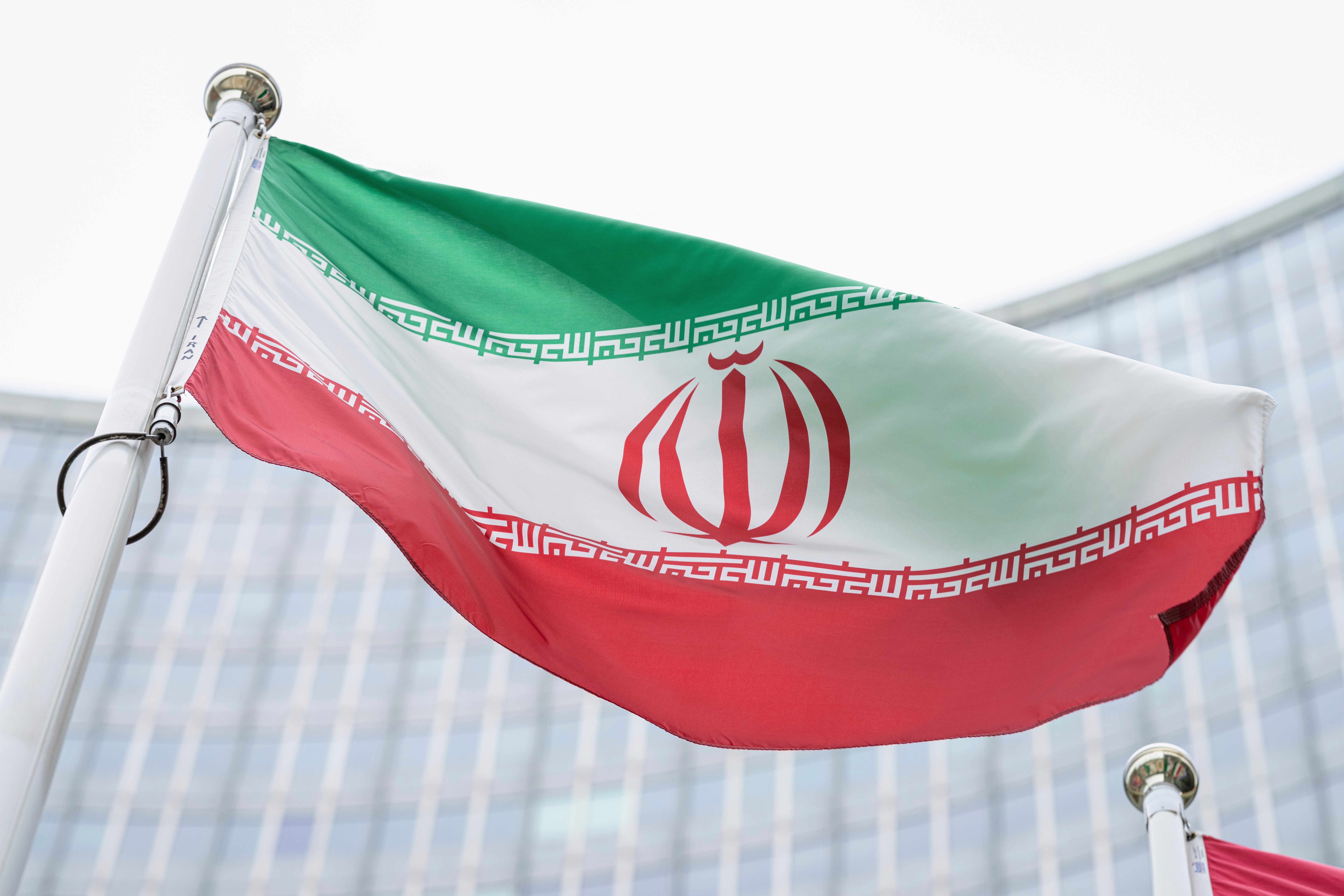Europe sees progress in latest rounds of Iran nuclear talks
European diplomats say the latest round of talks over Iran’s nuclear program has made progress, expressing hope that agreement can be reached next week

Your support helps us to tell the story
From reproductive rights to climate change to Big Tech, The Independent is on the ground when the story is developing. Whether it's investigating the financials of Elon Musk's pro-Trump PAC or producing our latest documentary, 'The A Word', which shines a light on the American women fighting for reproductive rights, we know how important it is to parse out the facts from the messaging.
At such a critical moment in US history, we need reporters on the ground. Your donation allows us to keep sending journalists to speak to both sides of the story.
The Independent is trusted by Americans across the entire political spectrum. And unlike many other quality news outlets, we choose not to lock Americans out of our reporting and analysis with paywalls. We believe quality journalism should be available to everyone, paid for by those who can afford it.
Your support makes all the difference.European diplomats say the latest round of talks over Iran’s nuclear program has made progress, expressing hope that agreement can be reached for Tehran to comply with a 2015 deal aimed at curbing its atomic ambitions and also see the United States rejoin the accord.
Enrique Mora, the European Union official who chaired Wednesday's talks in Vienna said delegations from Russia, China, Germany, France, Britain, Iran and the U.S. would return home to brief their governments and then meet again in the Austrian capital next week.
“I’m sure that the next round will be the one in which we will finally get the deal," Mora told reporters after the meeting.
“There are a few political issues (and) there are a number of technical issues, again rather complex," he added. "But I can say that they are fewer than they were one week ago. So we are (on) a good track.”
“I think every capital has to give a green light to their respective delegations to get the agreement, and I think that will be the case next week,” said Mora.
Asked about the United Nations’ atomic watchdog this week stating that it hasn’t been able to access data important to monitoring Iran’s nuclear program since late February, Mora said delegations had “taken note” of the report.
Iran started limiting inspections in a bid to put pressure on the government of U.S. President Joe Biden to lift crippling sanctions reimposed after then-President Donald Trump pulled out of the 2015 Joint Comprehensive Plan of Action, or JCPOA, in 2018.
“It’s something that is not directly related to the negotiations of the JCPOA,” Mora said, referring to the U.N. atomic energy agency's report that it had not had access to the monitoring data since Feb. 23.
___
Jordans reported from Berlin.